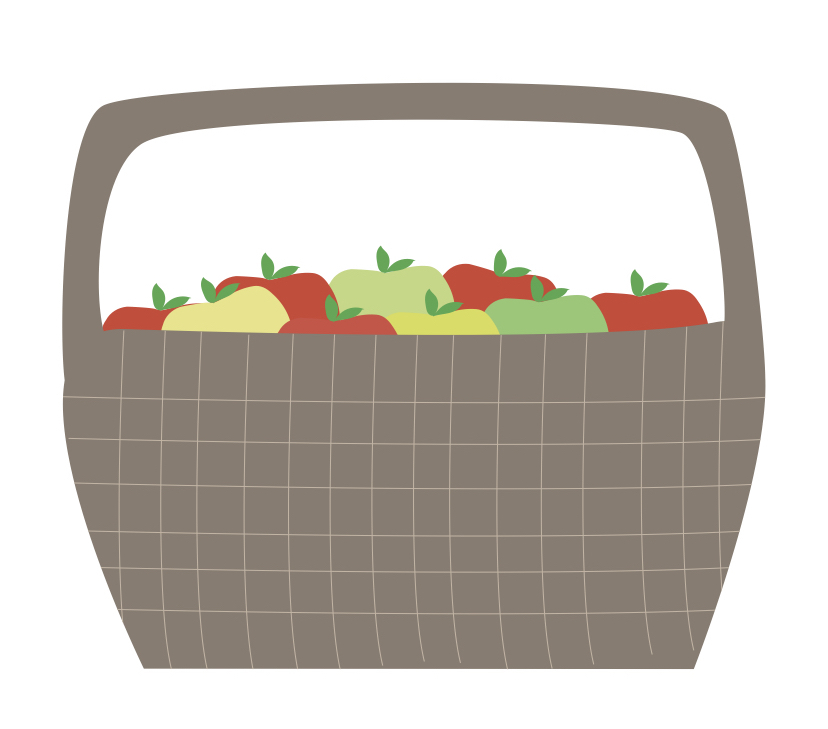Logic
 Mary buys 3 apples every Wednesday and 2 apples every other Monday. After 6 weeks, how many apples has she bought? Note* Assume that each of the 6 weeks is a full calendar week.
Mary buys 3 apples every Wednesday and 2 apples every other Monday. After 6 weeks, how many apples has she bought? Note* Assume that each of the 6 weeks is a full calendar week.
This section requires Javascript.
You are seeing this because something didn't load right. We suggest you, (a) try
refreshing the page, (b) enabling javascript if it is disabled on your browser and,
finally, (c)
loading the
non-javascript version of this page
. We're sorry about the hassle.
If she buys 3 apples on Wednesday after 6 weeks that will be 18 apples from Wednesday purchases. Additionally she will have bought 2 more apples every other week on Monday which makes for an additional 6 apples.